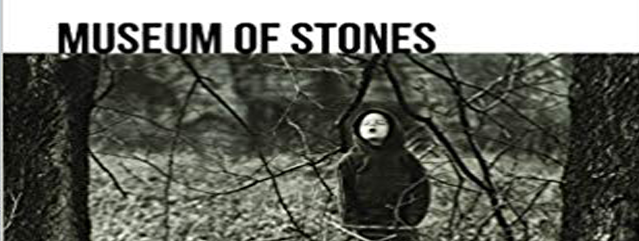
If you haven’t had the opportunity to read my personal essay, “Right Foot, Left Foot,” in issue 17 of Under the Gum Tree, below is an excerpt of my interview with the publisher, discussing the essay, and all its nuances.
Q. Throughout your piece, you allude to the accident that rendered you handicapped. A man named George Russel Weller drove his car into a crowd of people in Santa Monica, allegedly mistaking the gas pedal for the brake. Could you describe the accident in terms of how it affected you? How did it change the way you saw the world and other people?
A. The accident affected me in many ways—physically, psychologically, mentally. Before the accident, I had worked as a neonatal intensive care nurse, but my physical injuries prevented me from returning to that kind of setting: fast paced and physically and mentally demanding.
I was not a writer before the accident; the accident made me a writer. Though the accident was tragic—people died and many more were injured—it offered me an opportunity to see and interact with the world in a much different way. With my nursing career a chimera of my past, I had to figure out what I was going to do with my life. I had kept a journal after the accident, and, in 2009, when my husband returned to school (we married in 2004), I took a writing/research class with him. It inspired me to write. The teacher inspired me. I asked her to work with me as a writing mentor, and, from there, my writing took off. I write every day (or almost every day). Writing has spurred me to be more aware of my surroundings: a falling leaf, a flitting bird, lovers kissing in the park. And I am more open to listening to others share their struggles, whether they are physical, mental, or emotional in nature. Writing human-interest stories for my local newspaper allows me to interact with my neighbors and the broader community. It impels me to listen closely, to learn, to experience much more than my microscopic world.
Q. You used the mantra “right foot, left foot” as both a means of learning how to walk again as well as the title of your piece. Looking at what the phrase meant to you then and today, has its significance changed for you? Do you think the meaning of things can truly change for people, or are these associations stagnant?
A. I do not believe the meaning of “right foot, left foot” has changed for me. I am always, figuratively and literally, putting my right foot forward then my left (or vice versa). Whether I am out for a walk, climbing the stairwell, crafting an essay, revising my memoir … I am placing one foot forward then the other. That’s how I move ahead—one step at a time. Sometimes the steps are daunting ones, like when I returned to school at age forty-three. Eek! That was scary!
Yes, I do think the meaning of things can change for people. We grow up (or not), we meet new people, we face expected, and unexpected, challenges; the world changes and forces us to adapt. In that way, the meaning of things change for people.
The entire interview, along with other creatives, is now live on the magazine’s website.
Thank you, Janna Marlies Maron, Robin Martin, and the rest of the staff at UTGT for giving me the opportunity to share my story “without shame.”
Read More
 Exciting news! My conversation with Lynn Lurie, about her latest novel Museum of Stones, is now live at Heather Feather Review. Check it out!
Exciting news! My conversation with Lynn Lurie, about her latest novel Museum of Stones, is now live at Heather Feather Review. Check it out!


Recent Comments